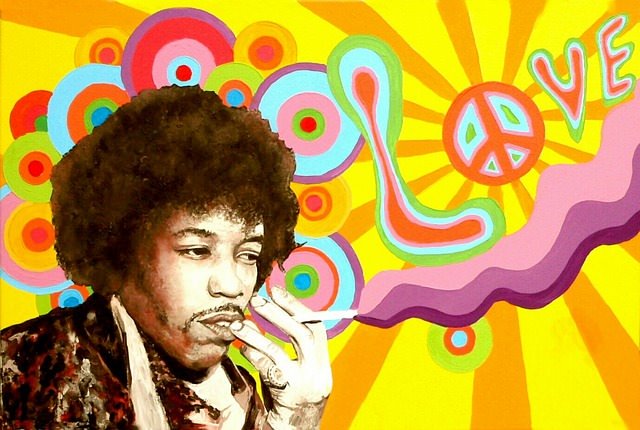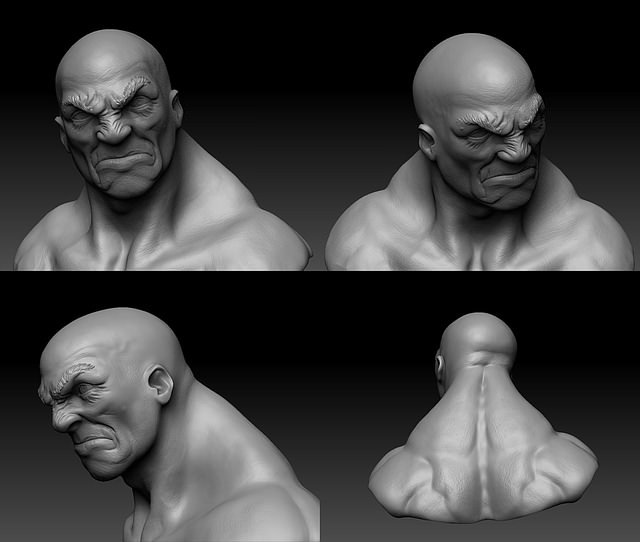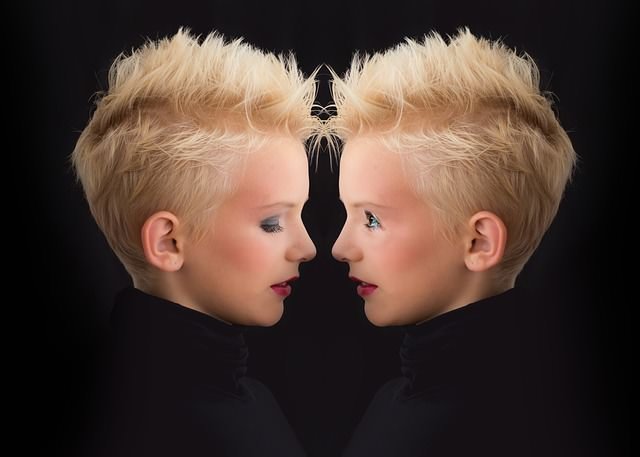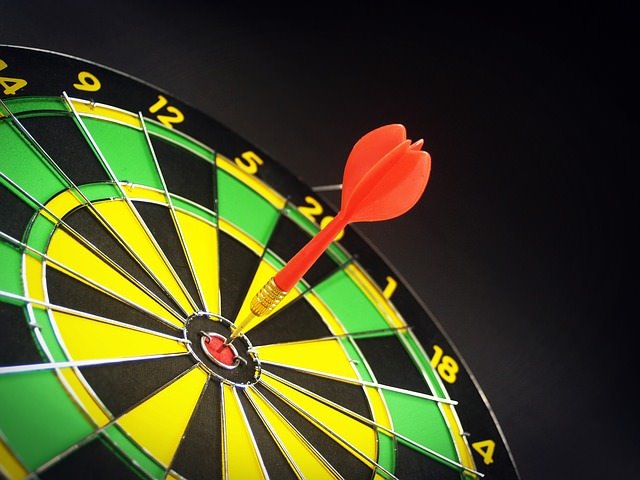The Disorders of Personality
INTRODUCTION
As humans, we come across myriads of people daily with beliefs different from ours, weird attitudes and behaviours which piss other people off, They could be paranoid, antisocial, people who love themselves more than others, people who lack self-esteem people who always depend on others for help etc. Oh yes, I think I have seen all of them.
Personality is the sum total of a person’s behavioural and emotional traits, it includes modes of perception, relating to and thinking about oneself and the surrounding environment.
These patterns of belief, attitudes, behaviour are acquired at childhood and adolescence and they persist till adult age contributing to the individual psychological, social status which may later challenge to others and him/her later on, thus blaming others wrongly.
A personality disorder doesn’t really mean a psychiatry disorder; people with personality disorders do not usually seek psychiatry help unless other psychiatry symptoms co-exist.
These disorders are classified into three clusters using the DSM-IV (Diagnostic and Statistical Manual of Mental Disorders- Fourth Edition) guidelines, but it should be noted that each cluster can overlap
After reading this, you would end up finding yourself or somebody you know falling into different clusters
CLUSTER A ( Odd and Eccentric) which is further divided into three sub-class
Paranoid Personality Disorder
Schizoid Personality Disorder
Schizotypal Personality Disorder.
CLUSTER B (Dramatic, Emotional and Erratic) also divided into four subclasses
Antisocial or Dissocial Personality Disorder
Histrionic Personality Disorder
Narcissistic Personality Disorder
Borderline (emotionally unstable) Personality Disorder.
CLUSTER C ( Anxious and fearful) which is sub-divided into 3 classes
Anxious Personality Disorder.
Dependent Personality Disorder.
Obsessive-Compulsive Personality disorder.
CLUSTER A PERSONALITY
Paranoid Personality Disorder (PPD).
Ever met a person who is always suspicious of everyone around, and finds it difficult to trust because of personal idiosyncrasy that others may try to harm or deceive them? If you have, then you have met a cluster a personality!
The people in this group do not confide easily with people and are always angry when they are teased and they can bear grudges for a very long time. They are usually very suspicious of their sexual partners for. They can make a small issue look very bad and the culprit gets to be punished for a very minor offense.
Research shows that this disorder is more common in men than females.
Schizoid Personality Disorder (SPP)
The next subclasses in the cluster A are the (SPP). These people are usually perceived by others as lacking emotions because nothing is pleasurable to them.
They don’t do well with social life, relationships, and friends and always prefer to be alone. When you try to get close to them, they are indifferent to your kind gestures, praises or criticism and are pre-occupied in their little world of theirs. Sex would definitely be a no-go area for them for obvious reasons.
Schizotypal Personality Disorder. (StPP)
The last class of cluster A is the Stpp who seem to have a different sense of thought, behavior when compared to normal humans. Sometimes, these people may be wrongly diagnosed of having schizophrenia.
A person with the StPP may claim to hear voices and may have a funny idea that they can influence other peoples thoughts, they may be seen trying to decrypt some hidden messages supposed be only for them. They usually do not do well with relationships and friends because of their paranoid ideas.
CLUSTER B PERSONALITY
Antisocial or Dissocial Personality Disorder (APD).
From the name, it’s obvious that these people are not social and do not care about the needs of others, they are perceived to be callous. They show disregard for social norms, rules, and obligations, they do not do well with challenging relationships and have a low tolerance to frustration and a high tendency towards aggression and display of violence.
They do not care about the safety of others.
Histrionic Personality Disorder (HPD)
These are the attention seekers, they are theatrical, dramatically and usually have an exaggerated expression of their emotions. They are more concern with their physical appearance and love to be at the center of attention. They are usually influenced by others and some tend to misunderstand relationships by taking it too personal.
Research shows that this disorder is more common in the female gender than the male.
Narcissistic Personality Disorder (NPP)
This category of people have an inflated sense of self-importance, they are preoccupied with fantasies of unlimited success and power.
They sometimes are very arrogant with a lack of empathy towards others. They always expect praises from others and they are unable to face criticism. They have shaky self-esteem with a sense of inferiority.
Borderline (emotionally unstable) Personality Disorder. (BPD)
This group of people act impulsively without consideration of the consequences. They could have an unsafe sex, gamble their life savings, or even get into a fight. They usually have unstable interpersonal relationships and a paradoxical feeling of boredom and fear of being alone. Sometimes they deliberately inflict harm on themselves in the form of self-mutilation and suicidal gestures.
CLUSTER C PERSONALITY
Anxious Personality Disorder (APD)
This group have a very low threshold to criticism or rejection; they are noted to avoid situations that can lead to criticism.
They are noted to be shy, socially timid; they are seen to avoid activities that would bring about inter-personal relationships.
Dependent Personality Disorder (DPP).
This group of people have difficulty making decisions on their own, e.g. they could call a friend to ask the type of cloth to wear out. They lack self-confidence and totally dependent on others for their daily activities. They usually feel uncomfortable when alone because of exaggerated fears of inability to care for themselves.
Obsessive-Compulsive Personality disorder. (OCPD)
These are interesting groups of people who are preoccupied with details, orderliness, and rules. They are a perfectionist who takes precautions in everything they do and are very rigid individuals. They find it difficult to let go of their morals, ethics, and beliefs, and always want to be in control of people and situations.
CONCLUSION
It is important to note that one person could have an overlap of the personality disorders.
An idea of the different personality disorders would make it easier to form and maintain interpersonal relationships with people and fit in better to group situations. This would enable us to communicate better, build stronger and more meaningful relationships with others.
FURTHER READING
Posted from Air Clinic Healthcare App. Download Android!










Congratulations @antigenx! You have completed the following achievement on Steemit and have been rewarded with new badge(s) :
Click on the badge to view your Board of Honor.
If you no longer want to receive notifications, reply to this comment with the word
STOPCongratulations @antigenx! You have completed the following achievement on Steemit and have been rewarded with new badge(s) :
Click on the badge to view your Board of Honor.
If you no longer want to receive notifications, reply to this comment with the word
STOP